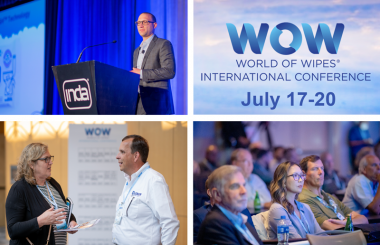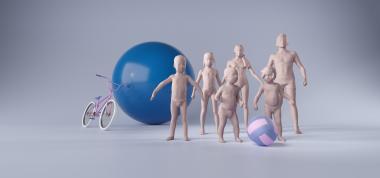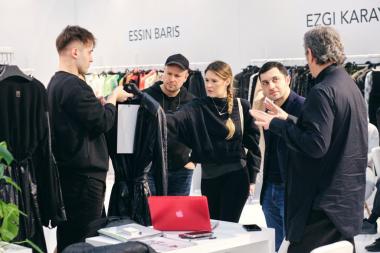RadiciGroup: 100% naturally sourced yarn made from castor oil
RadiciGroup presented Biofeel® Eleven, a yarn of natural origin, at the Performance Days trade fair (from March 15-16 in Munich). Biofeel® Eleven is sourced from castor oil and is suitable for obtaining bio-polymer. It can be used for fabrics and fine garments in many sectors, from fashion to sports, from automotive to home textiles.
Today, 80% of the world's castor-oil plantations are in India, particularly in the Gujarat region, due to its favourable climatic conditions. In this area, local people can earn an additional income by cultivating semi-arid land that does not compete with food production, and by applying the skills they have acquired over time to this work. Over the years, thanks to research, development and innovation in the value chain, the seeds from which the oil is produced have been selected and certified to ensure the finest quality, also in terms of end uses.
Castor beans contain around 45% oil, rich in ricinolein, from which the bio-polymer polyamide 11 is derived. This is the polymer RadiciGroup uses for its Biofeel® Eleven yarn. What remains after the first pressing is a highly effective bio-fertiliser that is returned to the soil.
Biofeel® Eleven can also be solution dyed, i.e. dyed at the yarn production stage, saving a great deal of water and energy and also providing greater colour stability.
RadiciGroup





























